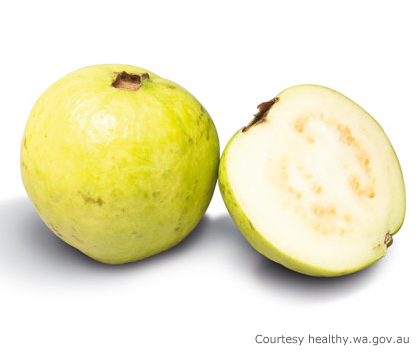Alpha-Carotene

Alpha-carotene is a precursor to vitamin A, although it creates only half as much vitamin A as beta-carotene. Alpha-carotene has not been investigated as thoroughly as beta-carotene.
Vision health. Alpha-carotene supports vision health by creating vitamin A, which is needed for low-light vision and cell health. Alpha-carotene's contribution to vision health is much the same as that of beta-carotene.
Diabetes. Patients with highest levels of alpha-carotene intake are 48% (men) and 39% (women) less likely to develop type 2 diabetes, although intake of all antioxidants was not significant as a risk factor.1
Mortality. Alpha-carotene has been associated with a lower risk of premature death. In a study of over 15,000 U.S. adults, those people with the highest levels of alpha-carotene in their blood had the lowest risk of death from all causes.2 These researchers found similar lower risks for cancer and cardiovascular disease. The study concluded that fruit and vegetable consumption was directly linked with avoiding premature death.
In another study of over 3,000 people high alpha-carotene levels in blood were associated with a lower risk of heart disease; high alpha-carotene was more important in this study group than high beta-carotene.3
And in a 10-year review of more than 1,242,000 people, alpha-carotene combined with lycopene was linked to lower lung cancer risk.4 The researchers noted that people who had a diet that was high in a variety of carotenoids had a significantly lower risk of lung cancer.
Food sources: The highest levels of alpha-carotene are found in pumpkins and carrots. Yellow-orange winter squash varies have high amounts as do green vegetables such as broccoli, green beans and peas and spinach. Other vegetable sources include turnip and beet greens, collards, lettuce, avocado and parsley.
1. Quansah, D.Y., Ha, K., et al, (2017), Associations of Dietary Antioxidants and Risk of Type 2 Diabetes: Data from the 2007-2012 Korea National Health and Nutrition Examination Survey, Molecules, Oct 5;22(10)
2. Li, C., Ford, E.S., et al, (2011), Serum a-carotene concentrations and risk of death among US Adults: the Third National Health and Nutrition Examination Survey Follow-up Study, Arch Intern Med.,Mar 28;171(6):507-15
3. Ito, Y., Kurata, M., et al, (2006), Cardiovascular disease mortality and serum carotenoid levels: a Japanese population-based follow-up study, J Epidemiol., Jul;16(4):154-60.
4. Michaud, D.S., Feskanich, D., et al, (2000), Intake of specific carotenoids and risk of lung cancer in 2 prospective US cohorts, Am J Clin Nutr., Oct;72(4):990-7.
 info@naturaleyecare.com
info@naturaleyecare.com



 Home
Home



 Vision
Vision Vision
Vision



 Health
Health Health
Health Research/Services
Research/Services Pets
Pets About/Contact
About/Contact


